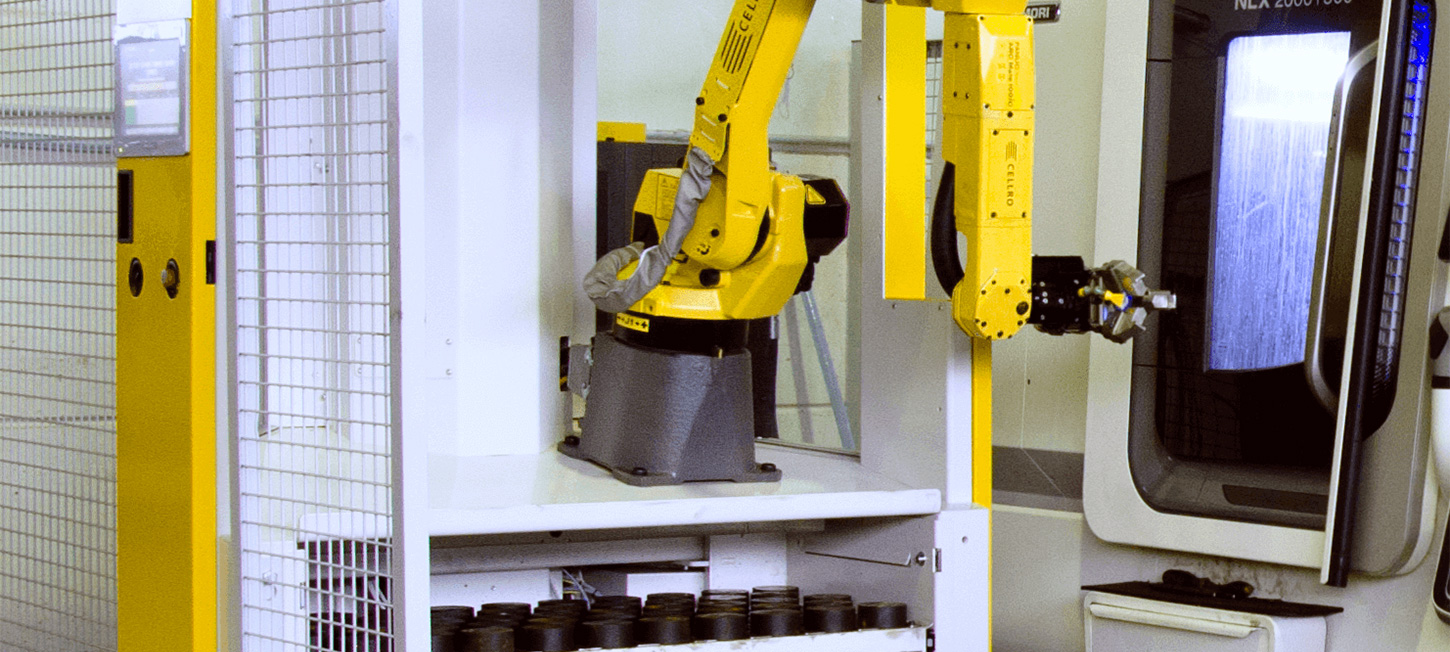Table of Content
If you’re undergoing certain surgeries — such as gender confirmation — you might decide to do this to preserve your chances of having a biological child. If you are currently doing chemotherapy, you cannot freeze sperm until your treatment is complete. Think carefully about whether you want anyone to go to the clinic with you and who you'd like to take. It might be easier to take a friend or older brother than your parents. Before you can bank sperm you need to have blood tests to check for infections. They include blood tests for HIV, hepatitis and a virus called cytomegalovirus .

As an alternative, Legacy’s at-home sperm freezing kit now offers one of the most convenient options available, removing the need to walk into a clinic. While you can’t use an everyday freezer for at-home sperm freezing, we’ll talk about sperm freezing kits that can help you easily start the process from home. Some fertility clinics have their own labs, where patients can store their frozen sperm, embryos, or eggs for fertility treatments, or simply to preserve their future fertility options. Washing, in conjunction with the freezing process, can reduce the number of sperm that will survive after the sample is thawed. Also, clients have more options when the sperm is not washed prior to freezing, as the end result is usually vials with greater total number motile sperm. For this reason, it's TSBC's policy to freeze semen samples unwashed unless the client specifically requests otherwise.
How much sperm is in a straw?
Sperm must be preserved in liquid nitrogen at -196ºC in order to be viable in the future. Then, they must be kept stored at -196ºC — the temperature at which all biological activity pauses — constantly in order to maintain their viability. At higher temperatures without transport media, sperm will die in a matter of hours to days. Room-temperature-stored spermatozoa were still able to fertilize human oocytes 5 days after preparation. With storage in a refrigerator motility declined rapidly, and few sperm were motile after 14 days.
Currently, the most common way to do this is through cryopreservation, which is when sperm is frozen and stored in a tank at a very low temperature. There is a small chance that the sperm could be damaged during the freezing and thawing process. There is also a risk of infection if the semen comes into contact with contaminated equipment. However, these risks are generally low and the chances of successfully conceiving with frozen sperm are high. The process of freezing sperm is not without its risks, however. There is a small chance that the sperm cells could be damaged during the freezing and thawing process, which could impact their ability to fertilize an egg.
The process of sperm freezing
If you think this might be something you’re interested in, we’re here to break down everything you need to know about the procedure. Thanks to all authors for creating a page that has been read 11,109 times. Continue to avoid sexual activity until the last sample is taken.
With the complex steps, testing, and equipment needed for sperm freezing, your household freezer unfortunately isn’t up to the task. Home freezers don’t reach the required temperature of -196º C for sperm storage, instead typically working at around -18°C (0–2° F). At this temperature, your semen may be frozen, but the sperm will die instead of being cryopreserved. There are many reasons you may want to freeze your sperm and preserve your fertility. You may hope to have children later in life, when sperm quality declines with age. Perhaps your job exposes you to toxins that could harm your sperm.
Ethnic disparities in fertility treatment outcomes in the U.K.
It’s important to store sperm under the right conditions to ensure that it is viable for use. While this list isn't comprehensive, it highlights some of the primary reasons why someone would want to freeze their sperm. Sperm freezing provides you with more options, flexibility, and control over your fertility. You’ll be mailed a kit that comes with a secure storage vessel to protect your sample during shipment, and a transport media to keep your sample viable during overnight shipping.

Make sure to find out who will responsible for ensuring the quality of the sperm—you or the sperm bank or clinic. If going to facility seems stressful, ask if you can do it at home. Follow the instructions on the kit to mail the sample to the sperm bank. Make sure to follow the instructions for storing the sperm.
Once the sperm is frozen and stored properly, it will last for the rest of your life, so that it can be used for fertility treatments such as IUI, IVF or ICSI in the future if required. It is worth bearing in mind though that having frozen sperm does not guarantee that such treatment would work, and you may not become a biological father in the future. When someone chooses to freeze their sperm, they will produce a semen sample via masturbation. This ensures that you are freezing healthy, viable sperm, instead of a sample that doesn't have a strong chance of surviving or creating a pregnancy.

If you work at hazardous worksites or are deployed in the military, you may opt to bank your sperm, just in case of accidents or chemical exposures that could damage sperm or fertility. Not only do the risks for autism, schizophrenia, and other conditions increase with age, there’s also evidence that seminal volume declines. Sperm donors aren’t the only ones who bank their sperm.
So, after allowing the sample to liquify, you would immediately pour the sperm into our collection cup and then carefully absorb it into the Mosie syringe. You are introducing an extra step with the transfer from vial to cup, but don’t worry, it’s perfectly ok. If you are interested in preserving your sperm, there are many options available to you.
Success stories appearing on our site are authentic user experiences from the Mosie community, however individual results may vary. Consult your doctor if timed intercourse is not working, or if using the Mosie Kit does not successfully result in a pregnancy within six months of trying. But the good news is that there’s no time limit for how long you can keep the sperm on ice. There are reported cases of sperm that was frozen for 20 years being used to create healthy babies.

No comments:
Post a Comment